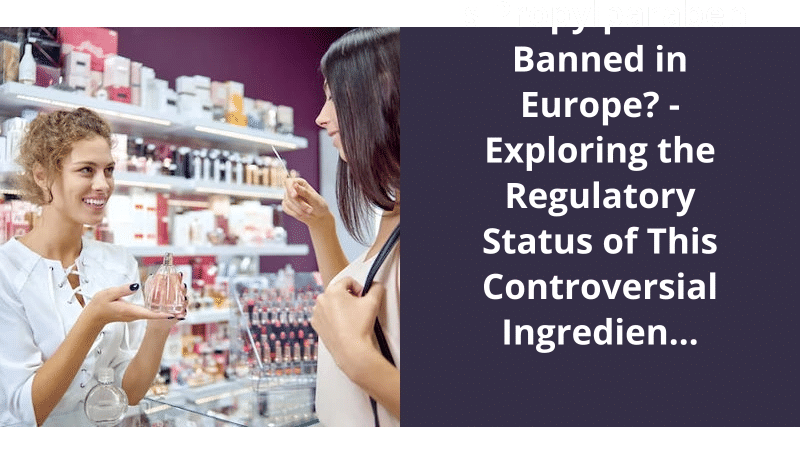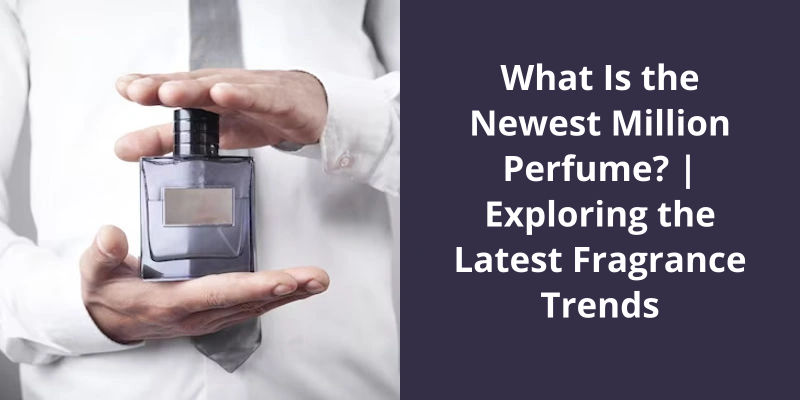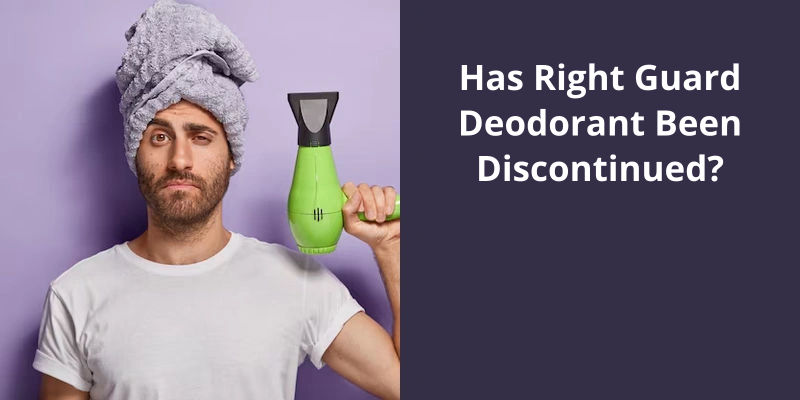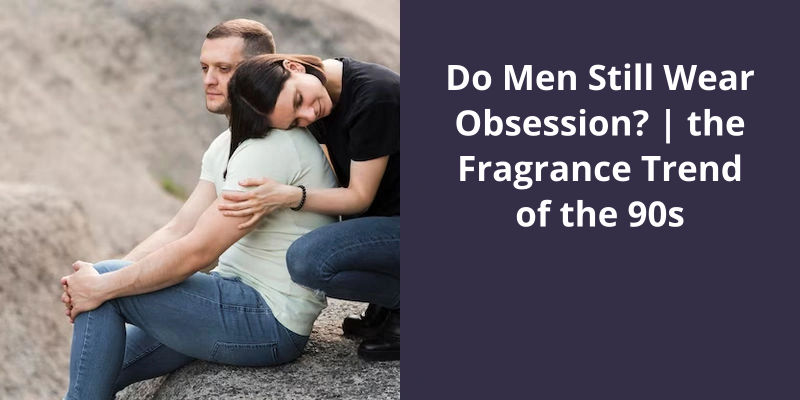Propylparaben, a common ingredient in cosmetics and pharmaceutical products, is not completely banned in Europe. However, its use in cosmetics is restricted by the European Union. This is because studies suggest it may interfere with the body’s hormones. The EU allows propylparaben in makeup and skincare products, but at a very low concentration – no more than 0.19%. So, while it’s not outright banned, there are rules about how much can be in a product.

Where Is Propylparaben Banned?
Propylparaben, a widely-used preservative in personal care products and cosmetics, has faced scrutiny for it’s potential health effects. In Europe, propylparaben, along with other paraben ingredients, has been banned from food products due to concerns surrounding endocrine disruption and fertility issues. These bans reflect the precautionary approach that European regulatory agencies take when it comes to protecting public health.
Some studies have indicated that propylparaben may have estrogenic activity, potentially interfering with the bodys hormonal balance. This has raised concerns about it’s potential impact on reproductive health and fertility.
In response to these concerns, the European Unions Scientific Committee on Consumer Safety (SCCS) has recommended strict concentration limits for propylparaben in cosmetics, as well as labeling requirements. This allows consumers to make informed decisions based on their individual preferences and potential sensitivity to the ingredient.
However, it’s use in cosmetics and personal care products is still permitted within specific concentration limits. The regulatory approach taken by European agencies reflects their commitment to protecting public health and ensuring the safety of consumers.
In recent developments, Asia’s Cosmetics Committee (ACC) under the Association of Southeast Asian Nations (Asean) has made a significant decision regarding the use of parabens in cosmetics. Following a recent meeting, the committee has agreed to ban the use of five specific parabens as preservatives in cosmetic products. This decision holds significant implications for the cosmetics industry in Asia and raises important discussions about the impact of these chemicals on consumer health and safety.
Are Parabens Banned in Asia?
The recent decision made by the Association of Southeast Asian Nations (Asean) Cosmetics Committee (ACC) has taken an important step in addressing the use of parabens in cosmetics. During their meeting, the ACC decided to ban the use of five parabens as preservatives in cosmetics, signaling a significant move towards stricter regulations for these controversial ingredients.
Parabens have long been a topic of debate in the cosmetics industry due to concerns regarding their potential health risks. These synthetic preservatives, including propylparaben, have been commonly used to prevent the growth of bacteria and fungi in cosmetic products, thus extending their shelf life.
This decision not only highlights the precautionary approach that regulators are adopting, but also underscores the importance of consumer safety and health.
It’s worth noting that this ACC decision specifically pertains to the Southeast Asian region, and the regulatory landscape regarding parabens may vary in other parts of Asia. While some countries in Asia have individually implemented restrictions on parabens, such as Japan and South Korea, a comprehensive ban across the entire Asian region remains to be seen. However, the ACCs decision is a significant development that may pave the way for further discussions and actions on paraben regulation in other countries within the region.
In light of this decision, cosmetic companies operating in Southeast Asia will need to review and revise their formulations to ensure compliance with the new regulation. This may involve finding alternative preservatives or exploring more natural and sustainable options. It’s crucial for the industry to prioritize the health and safety of consumers, and embrace innovation to create effective and safe products.
As the industry evolves, it’s essential for regulators, companies, and consumers to work together in shaping a future where cosmetics are both effective and safe.
Conclusion
In conclusion, the regulatory status of propylparaben in Europe isn’t entirely straightforward. While it isn’t currently banned at the European Union level, the European Commission has adopted measures that restrict the use of propylparaben, along with butylparaben and methylchloroisothiazolinone (and) methylisothiazolinone, in cosmetic products. This signifies a growing concern about the potential risks associated with these controversial ingredients.





